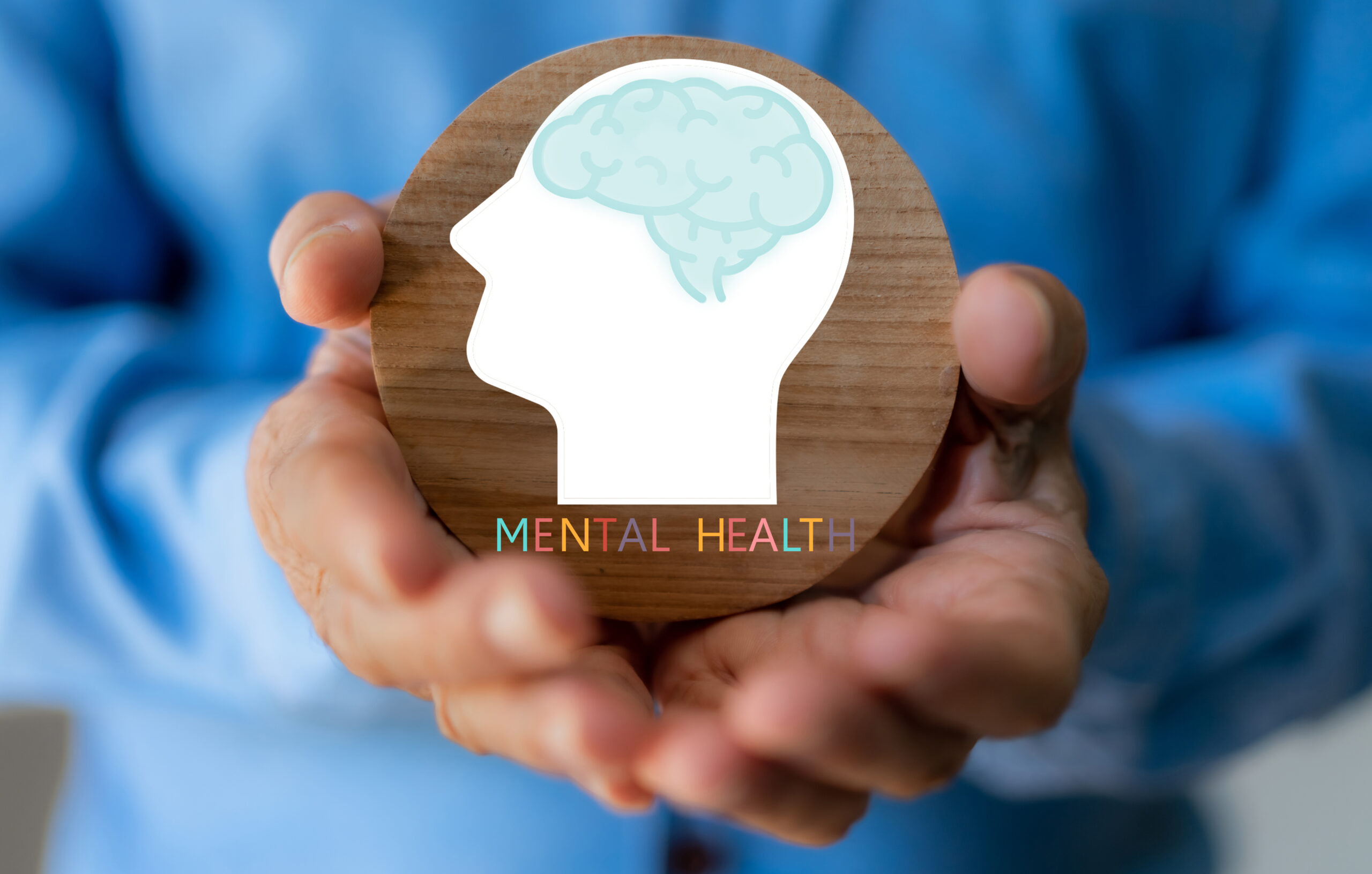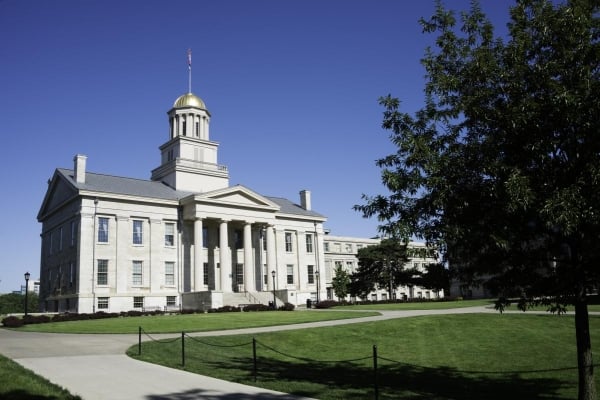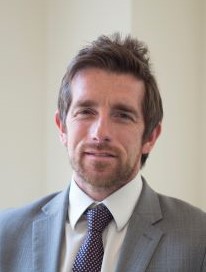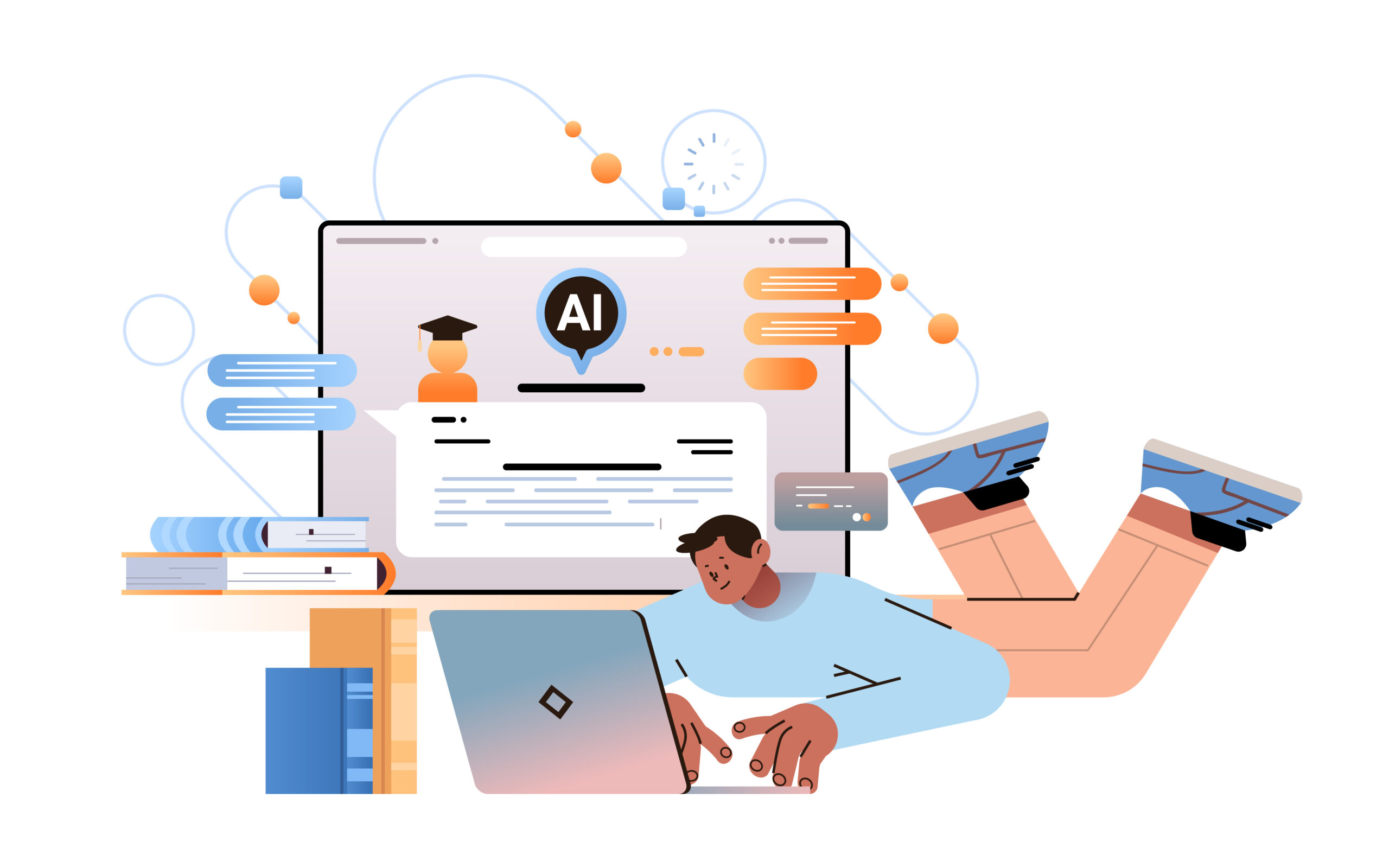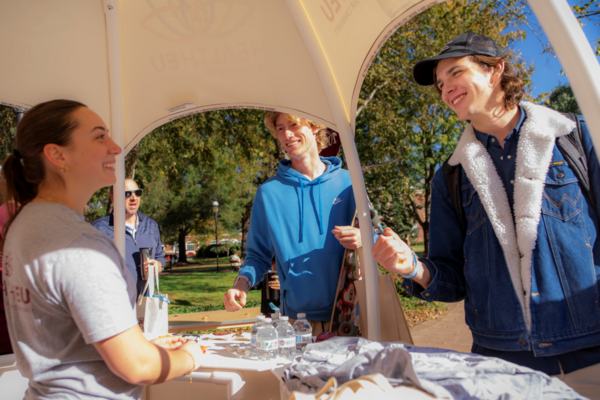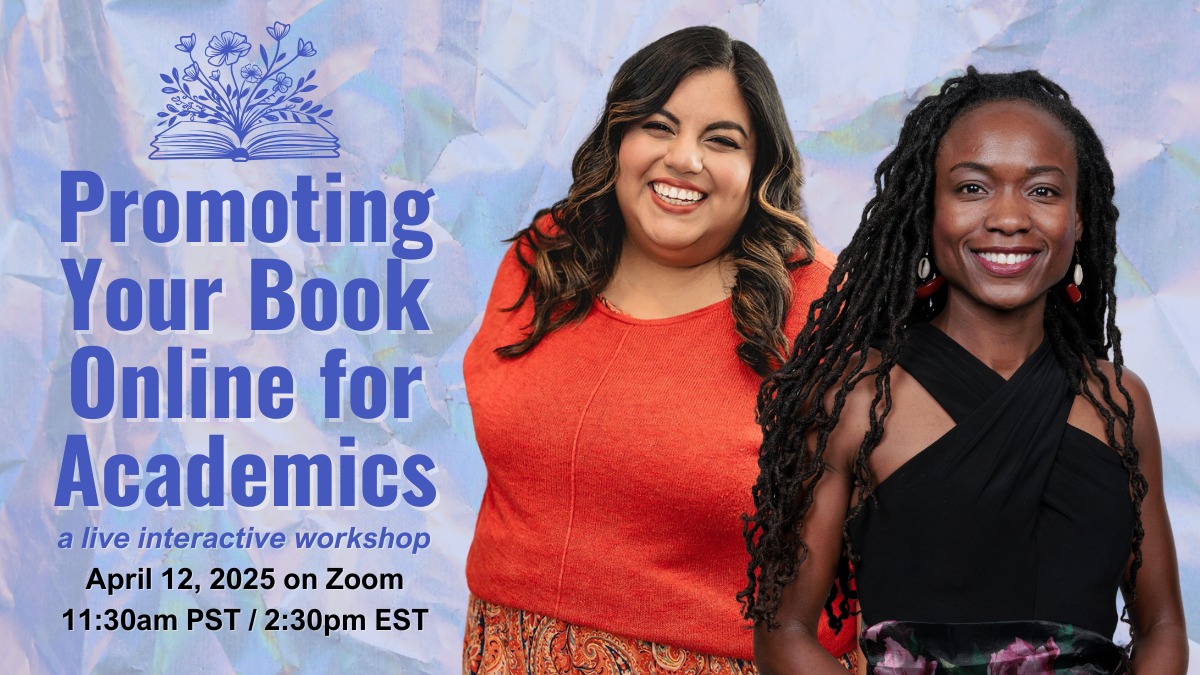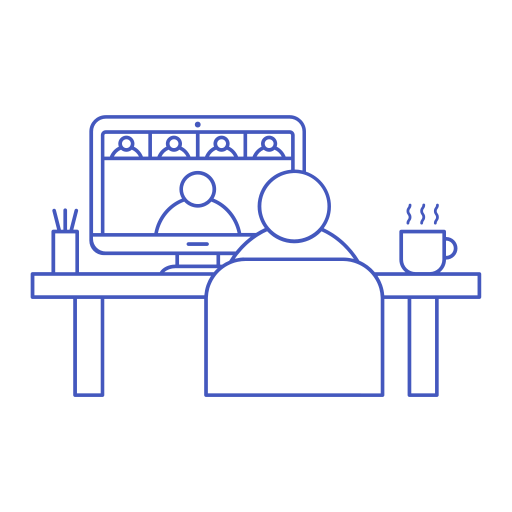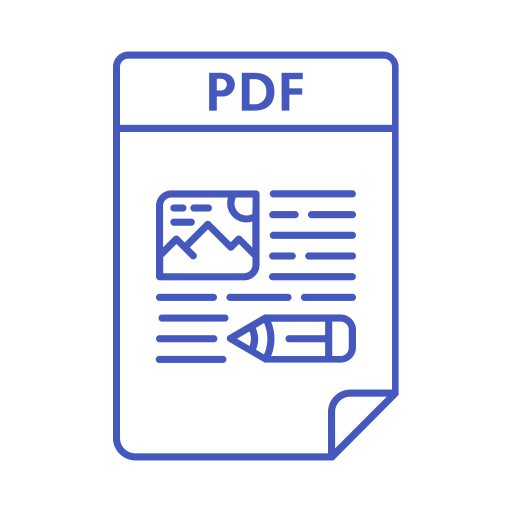If we do not take care of our teachers, we risk losing them, or worse, leaving them in classrooms too burned out to do their best work.
Teaching at the tertiary level has always demanded more than content delivery. But in recent years, that more has become overwhelming. During the COVID-19 pandemic, many faculty members juggled remote instruction, personal grief, student trauma, and rising institutional demands – often without meaningful emotional support. As a result, many emerged not only exhausted but emotionally depleted. This article draws on a recent study of Jamaican school leaders responding to the mental health challenges brought on by the pandemic. The key takeaway from the findings is clear: sustainable education starts with prioritizing the well-being of those who deliver it. To support this mission, I present C.A.R.E. 2.0 – a practical framework grounded in real-life strategies, offering tangible strategies that institutional leaders can implement to support faculty mental health.
The C.A.R.E. 2.o Framework
At its core, C.A.R.E. 2.0 reminds us as educators that care is not just kindness but it is strategy. It includes:
1. C = Check-in & Connect
One of the most impactful tools used by school leaders was regular emotional check-ins with staff. These were not formal counselling sessions or time-consuming meetings. Often, it was as simple as asking, “How are you holding up?” before a meeting or beginning a staff briefing with a quick, one-word emotional prompt, such as, “What’s one word to describe how you’re feeling today?” Not everyone will want to participate, and that is perfectly okay. The importance lies not in forced sharing, but in creating a culture where emotional well-being is acknowledged and valued. When leaders make space for these moments, they send a powerful message: You matter as a whole person, not just for your professional role.
This simple act helps faculty feel seen and heard, which research shows is foundational to sustaining engagement, productivity, and resilience, especially during times of stress or uncertainty. Feeling emotionally connected to colleagues reduces isolation, builds trust, and fosters a sense of belonging. Ultimately, this strengthens the entire educational community, helping faculty to better support their students and persevere through challenges.
2. A = Adapt Professional Development (PD) to Include Wellness Activities
In the study, some leaders expanded their professional development (PD) offerings to include wellness-focused sessions. These addressed topics such as time management, emotional resilience, and stress management – skills that are increasingly critical in today’s educational climate. In higher education, PD is often centered on introducing new instructional strategies or exploring digital tools to enhance student engagement. But what if we also included sessions like “How to Say No with Grace” or “Burnout Recovery for Faculty”? What if we invited trauma-informed or mental health professionals to lead short, practical sessions tailored to faculty needs?
These additions may seem small, but they can make a significant difference. Wellness-focused PD gives faculty tools to manage stress, set boundaries, and prioritize their own well-being, skills that ultimately lead to better teaching and stronger institutions. In fact, faculty often appreciate these sessions more than expected because they address the realities of academic life, not just its demands. Incorporating wellness into PD is not just nice to have; it’s essential for long-term sustainability.
3. R = Relationships and Peer Support
Some leaders in the study intentionally paired teachers with mentors, creating supportive relationships. These relationships went far beyond instructional guidance; they became safe spaces where colleagues could vent, share experiences, and support one another through challenges. In higher education, all faculty and staff can benefit from these kinds of peer connections. Educational research shows that intentional mentoring or buddy systems create an emotional safety net that reduces isolation and helps prevent burnout. When colleagues feel supported by one another, they are more likely to persevere through high-stress periods, remain engaged, and bring their best selves to the classroom. Building strong relationships is is a vital component for resilience and retention.
4. E = Embed Mental Health in Everyday Culture
One leader in the study shared a particularly creative strategy: a teacher had anonymously started a comic strip called Excellence Primary Chronicles (pseudonym). Posted weekly on the staff notice board, the comics humorously depicted school life, often with humorous takes on real events. Over time, it became a source of laughter and bonding among staff, even when some teachers were the (affectionately teased) stars of the show.
Depending on the institution, embedding mental health into daily culture might look different, but the principle is the same: make well-being a visible and consistent priority. This could include integrating mental health themes into the curriculum where appropriate, weaving humor into conversations or creating ongoing safe spaces for open discussion about stress and workload. When mental health is treated as part of the institution’s culture rather than a one-off initiative, it helps normalize vulnerability, reduce stigma, and build stronger communities of care.
2.0 = Upgrade Systems and Leadership for Today’s Realities
Though, only two leaders in the study had formal mental health goals written into their school improvement plans. The others relied on informal actions, which, while valuable, are harder to sustain. Support for faculty mental health must be strategic, not just compassionate. In higher education this could include:
- Offering flexible deadlines when feasible
- Including well-being metrics in departmental assessments
- Recognizing emotional labor in workload calculations
Ultimately, institutional success should never come at the expense of faculty wellness. Institutions must build systems and policies that prioritize both. Furthermore, one of the most powerful findings from the study was how leadership itself evolved. All principals described becoming more relational and emotionally responsive. Unfortunately, many leaders in higher education still separate the academic from the emotional. Yet, leading with empathy is not simply a nice gesture, it is a necessity. Indeed, research shows that trauma-informed leadership strengthens institutions by fostering trust, engagement, and resilience. Department heads, deans, middle managers are in prime positions to model this shift. When leadership prioritizes humanity alongside policy, it sends a clear message: educators matter.
At the heart of C.A.R.E. 2.0 lies a simple but urgent truth: educators need care, too. The myth of the tireless, self-sacrificing teacher may sound noble, but it is neither healthy nor sustainable. As a result, we cannot protect the quality of education without protecting those who deliver it. So, the critical question becomes: “What are we doing to support the people doing the work?” In the end, the future of education doesn’t depend solely on rankings, budgets, or student scores. It depends on the health of those who show up day after day, to teach, guide, and inspire.
Shellon Samuels-White is a passionate, results-oriented educator and curriculum specialist, currently serving as a lecturer in the Faculty of Education and University Assessment Officer at The Mico University College – Jamaica. She holds a Bachelor of Science in Secondary Teacher Education and a Master of Arts in Education, specializing in Curriculum and Instruction. Her research interests are centered on curriculum/school reform, 21st-century teaching methodologies, and the interrelationships between curriculum, instruction, and assessment. She is particularly passionate about integrating social-emotional learning into the curriculum to promote holistic development.
As an assessment officer, Samuels-White’s role includes promoting quality teaching and learning experiences by promoting valid and reliable assessment practices. She provides academic assessment guidance and supports institutional quality assurance. Her work supports both students and educators in achieving meaningful teaching/learning outcomes while upholding institutional standards. Committed to advancing curriculum studies and instructional design, she continues to explore progressive teaching models that foster student engagement and success. Through her work, she remains dedicated to fostering an inclusive and transformative education system.

